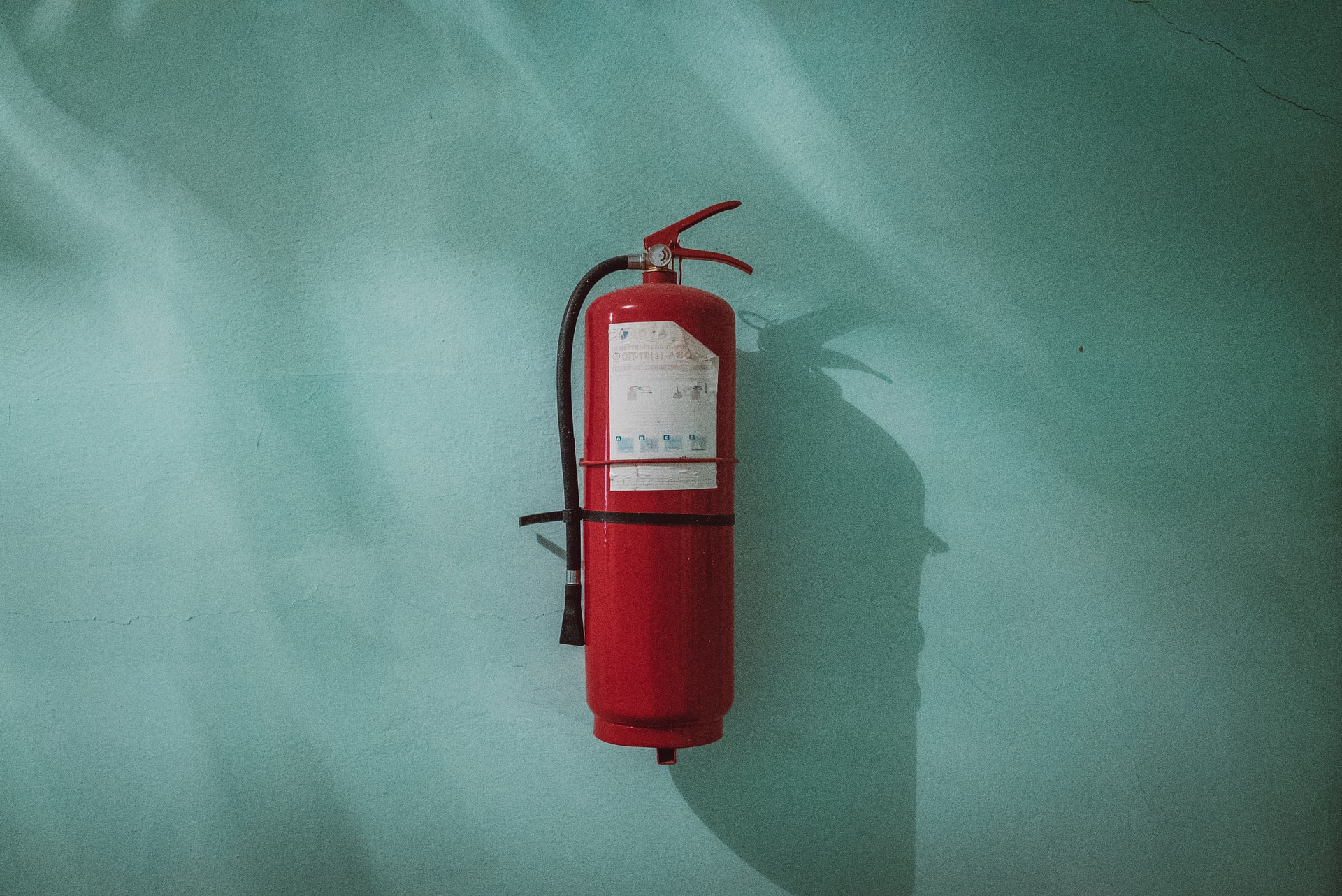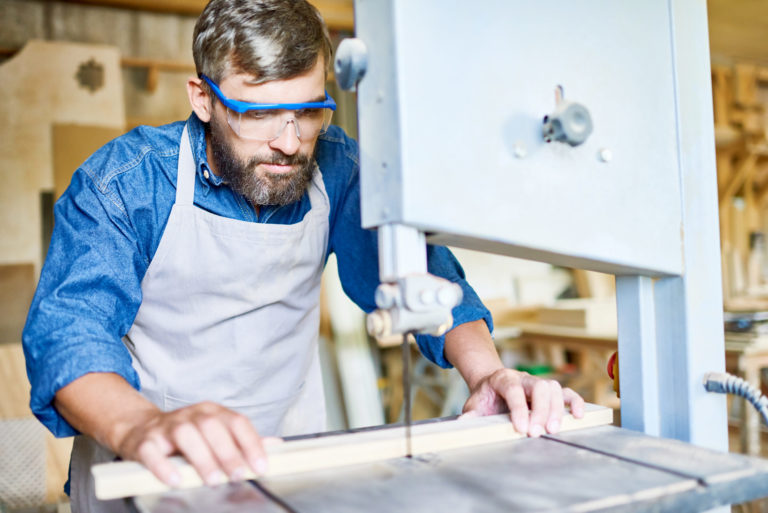Safety should be a priority in all congregational spaces, especially with the threat of the coronavirus looming over all of us. Safety from viruses and pathogens must be a concern for church leadership as you try to get your community back into a routine that reflects at least a semblance of normality. That being said, this is a great opportunity to revisit many more safety issues that might have otherwise gone unnoticed because of your busy schedule.
Extinguish fire hazards before they cause a spark.
Fire hazards are one of the most pressing issues that should be dealt with in any building, especially one that houses the collection of hundreds of people every week. Reviewing your fire extinguishers’ expiration date in order to make sure that all of your facility’s equipment is up to date is essential. A quick spot check every month is essential, and replacing old units will ensure that if you ever do need to use them they will be ready to take on any life-threatening blaze that might start in the ministry.
You can also take easy preventative measures in order to reduce the risk of fire altogether. Installing flameless candles for individual prayer will reduce the risk of sparking flames by taking them out of the equation altogether.
Install easily accessible live-saving devices.
Installing AED and CPR equipment in easily accessible locations in the church will help you and first responders to quickly and effectively assess and combat any serious health issue that one of your parishioners may experience. Heart attacks, strokes, choking on communion wafers, and diabetic seizures are all potential hazards that any community may have to deal with at some point. It’s unlikely, but in the event of a serious health issue like this, having your leadership take CPR certification online and equipping the facilities with these life-saving devices will help to prevent fatal consequences. First aid is important in any setting, and especially if your community has a large elderly population.
Taking precautions like this is a strictly preventative measure. Just like with your fire extinguishers, you hope to never have to use an AED device to save a member’s life, but getting trained through an AED course or online CPR class and understanding how to confidently operate the AED machine is a crucial piece of knowledge for any church. Preparing for the unexpected is how you can overcome those unpleasant surprises. Without proper preparation, you may be forced to look on helplessly as you wait for first responders to arrive. Take matters into your own hands and take an online course and get a first aid certification so as to provide a range of basic CPR and basic first aid techniques to your community in order to better serve them.
Take steps to account for social distancing measures.
Whether you are preparing to open your doors or have already begun to invite members back into the chapel for worship, maintaining social distancing precautions is a great way to prevent both the spread of the coronavirus and other infectious pathogens. Keeping a safe distance between seats or blocking off rows of pews will help make your church safer for those who come to mass and give everyone additional peace of mind as they work to navigate the fraught times we live in.
Precautionary measures can be a scary matter to discuss, but considering all that could go wrong before it does is the best way to cut these issues off at their root. Knowing your current vulnerabilities and working to overcome any potential hazards that could befall your community or its church building is the only way to be prepared for the worst-case scenario.




